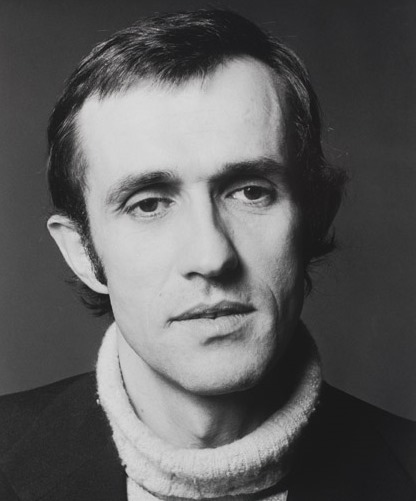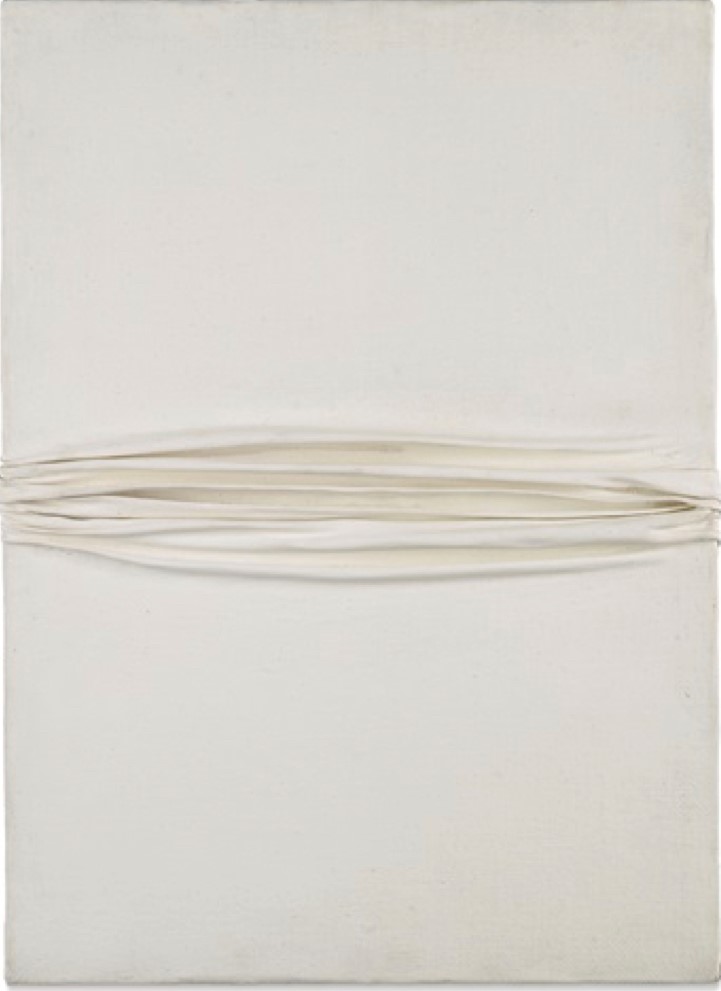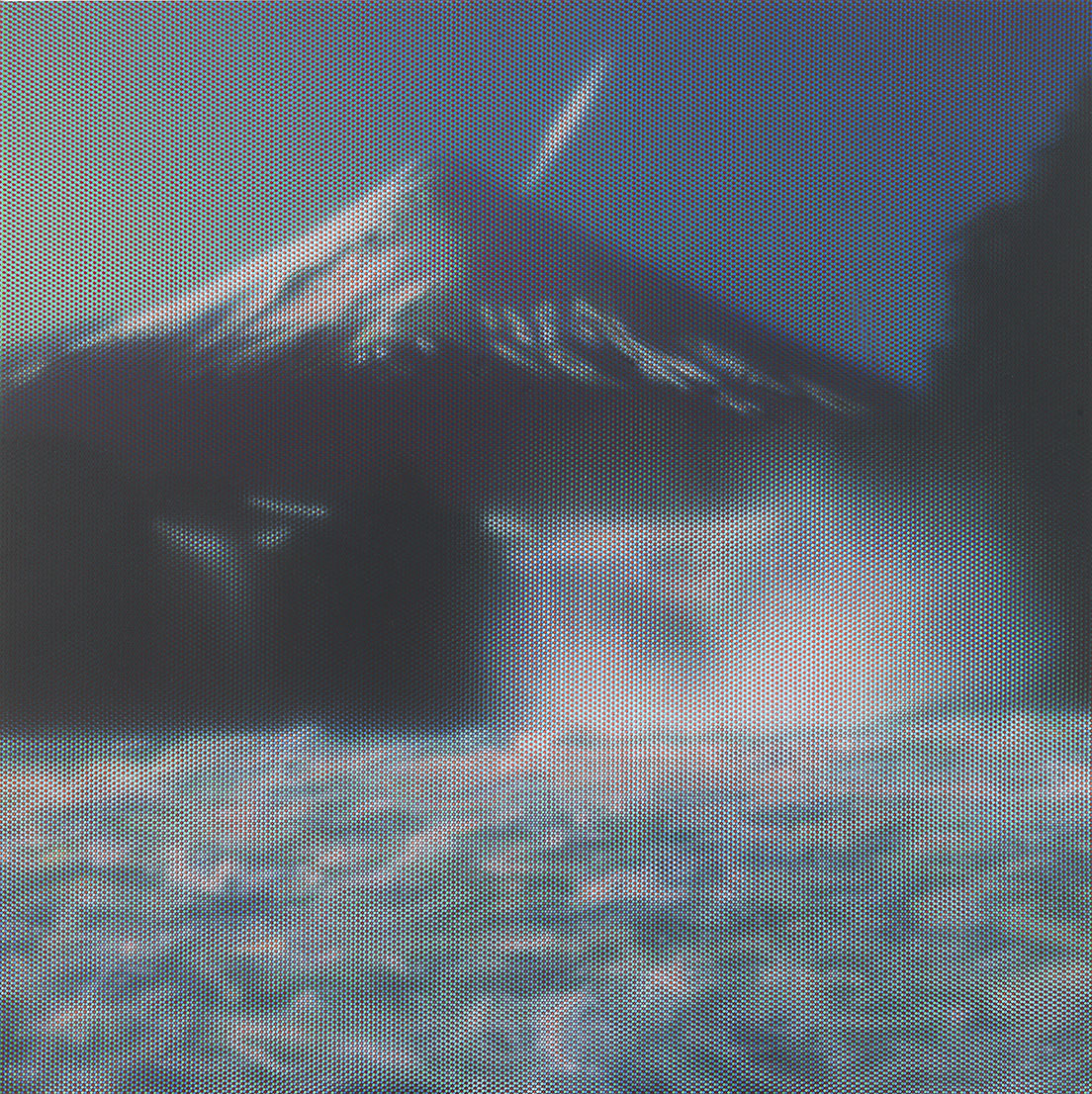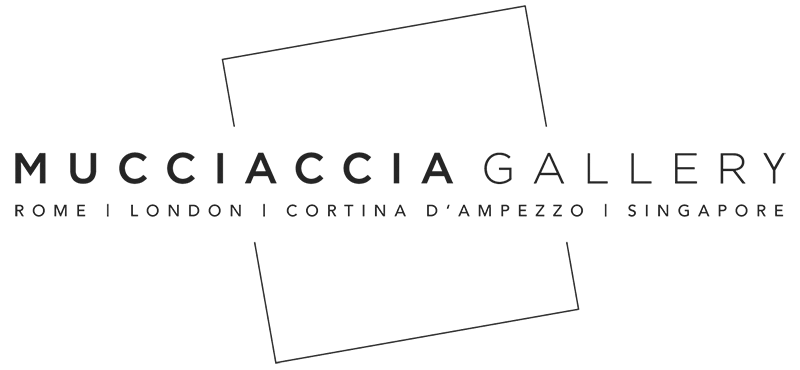Alighiero Boetti
(Turin 1940 – Rome 1994) He approaches art as a self-taught. After his debut at the Christian Stein Gallery in Turin (1967), he took part in the main international exhibitions of Arte Povera with Germano Celant. In 1971 he went to Afghanistan for the first time, where he commissioned local women to create works he designed, embroidered according to local tradition. With the series of “Maps” (1971-1972), formed by a political planisphere in which each territory is embroidered with the colors and symbols of the flag it belongs to, the turning point of his work in the conceptual field takes place. At the same time he moved to Rome and doubled his name in “Alighiero & Boetti “, questioning the very identity of the artist. The artist’s investigation continues with embroidery, thanks to the contacts established with Afghan refugees in Peshawar, Pakistan, who also create words and phrases conceived by the artist and with works on paper, such as those on rice paper. made in 1985 in Japan. In the eighties and nineties there are numerous exhibitions in private galleries and public spaces in Italy, Europe and the United States. In 1990, invited to the Venice Biennale with a personal room, he received the “Special Jury Prize”.

EXHIBITIONS

ITALIAN PASSION FROM 1956
2017
LONDON

CHEF D’OEUVRE
Artist between XX and XXI centuries
2020

